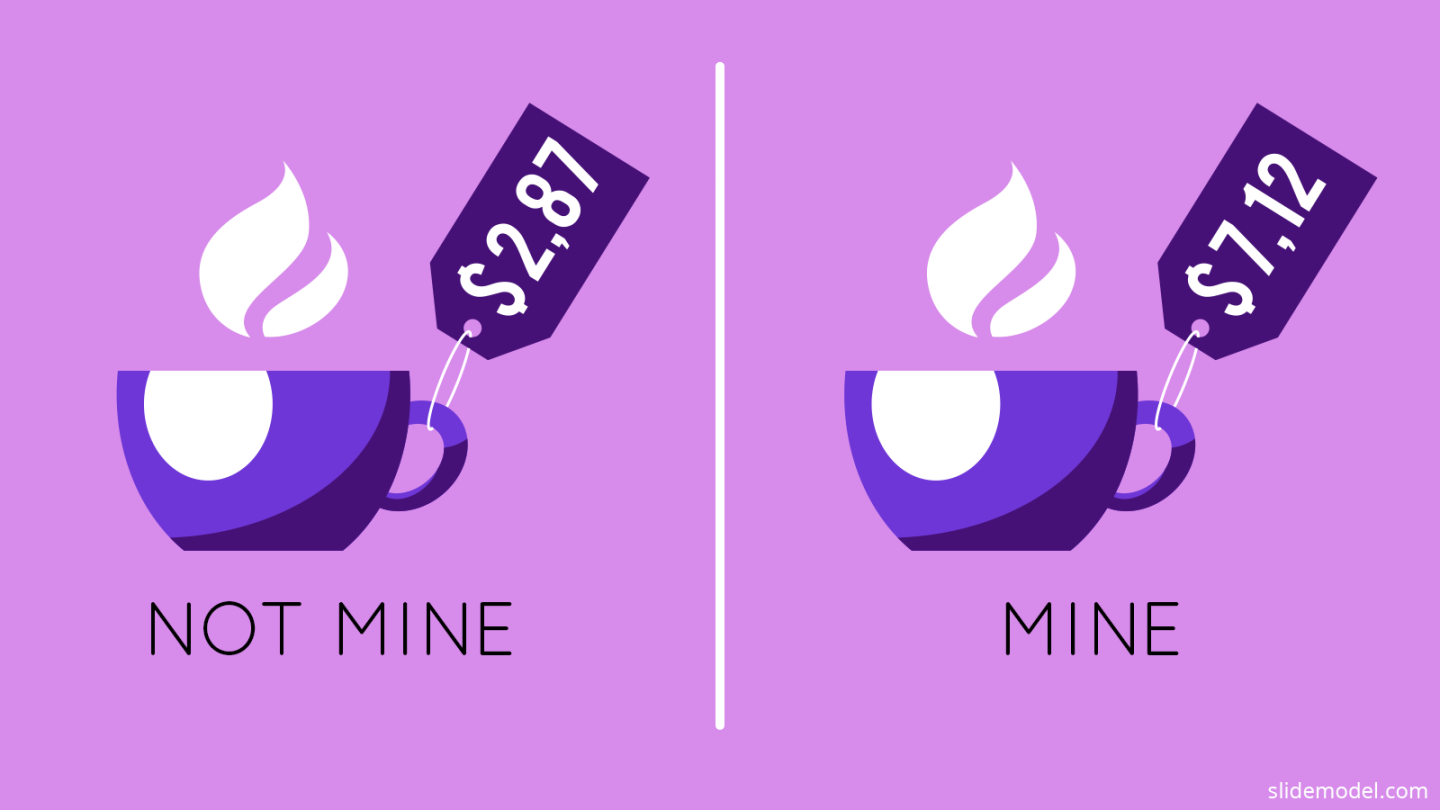The Endowment Effect: Why We Value What We Own More
Introduction
In the realm of behavioral economics, the endowment effect stands out as a fascinating phenomenon that influences our decision-making processes. It describes the tendency for individuals to place a higher value on objects they possess compared to identical items they do not own. This bias, first introduced by economists Daniel Kahneman, Amos Tversky, and Richard Thaler, has significant implications for various aspects of our lives, from consumer behavior to marketing strategies.

Understanding the Essence of the Endowment Effect
The endowment effect manifests itself in various ways. One striking example is the difference in willingness to pay (WTP) and willingness to accept (WTA). When presented with an object they do not own, individuals typically have a lower WTP for it. However, if they acquire the same object, their WTA, the minimum amount they would be willing to accept to sell it, becomes significantly higher. This discrepancy highlights the endowment effect’s influence on perceived value.
Exploring the Mechanisms Behind the Endowment Effect
Several psychological factors contribute to the endowment effect. One explanation lies in loss aversion, our tendency to feel the pain of losing something more intensely than the pleasure of gaining something of equal value. When we own an object, we develop a sense of ownership, and the prospect of losing it triggers this aversion, leading to an inflated valuation.
Another factor is the sunk cost fallacy, our inclination to continue investing in something based on past costs, even when the investment no longer makes rational sense. Once we acquire an object, the money spent on it becomes a sunk cost, influencing our perception of its value and making us less inclined to let it go.
Real-World Applications of the Endowment Effect
The endowment effect has far-reaching consequences in various aspects of our lives. In marketing, businesses capitalize on this bias by offering free samples or trials, as people tend to value items they already own more highly, increasing the likelihood of purchase.
In negotiations, the endowment effect can be leveraged to one’s advantage. By making the first offer, individuals can anchor the negotiation towards their preferred price, as the other party may be reluctant to give up the object they now perceive as more valuable.
Mitigating the Influence of the Endowment Effect
While the endowment effect can be a powerful influence, it is not entirely immune to countermeasures. By recognizing its existence and understanding its underlying mechanisms, we can take steps to mitigate its impact on our decisions.
One approach is to consider alternative perspectives. Before making a decision involving an object we own, try imagining its value if we did not possess it. This can help detach us from the inflated valuation caused by the endowment effect.
Another strategy is to adopt a long-term perspective. Instead of focusing on the immediate loss of an object, consider its overall value and whether it aligns with our long-term goals. This broader perspective can help override the emotional attachment created by ownership.
Conclusion
The endowment effect serves as a compelling reminder of the intricate interplay between our emotions and decision-making processes. By understanding this bias and its underlying mechanisms, we can become more aware of its influence and make more rational choices that align with our true preferences and long-term goals.
Frequently Asked Questions (FAQs)
The endowment effect has been observed with a wide range of objects, including physical goods, experiences, and even intangible possessions like memories and beliefs.
The duration of the endowment effect can vary depending on the individual and the object involved. However, studies suggest that it can persist for days or even weeks.
Research indicates that cultural norms and values can play a role in the endowment effect’s strength. Individuals from cultures that emphasize collectivism and social harmony may be less susceptible to this bias than those from individualistic cultures.
The endowment effect has implications for ethical decision-making, particularly in situations where individuals may exploit this bias to take advantage of others. It is crucial to be mindful of this potential for manipulation and act with fairness and integrity.
In addition to the methods mentioned earlier, seeking advice from trusted individuals, engaging in reflective thinking, and employing decision-making frameworks can help reduce the endowment effect’s influence.
Meta Description
Delve into the fascinating world of the endowment effect, understanding its psychological underpinnings, real-world applications, and effective strategies to mitigate its influence on your decision-making.
Meta Keywords
endowment effect, behavioral economics, loss aversion, sunk cost fallacy, decision-making, marketing, negotiation



